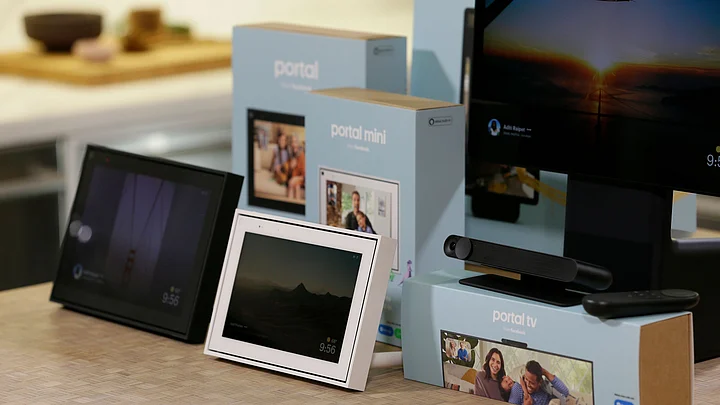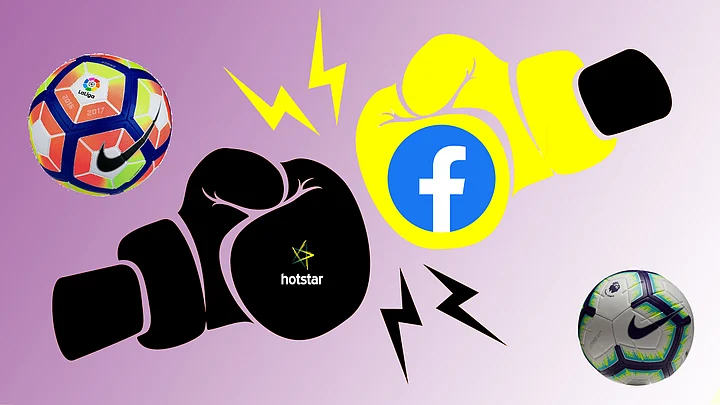Facebook has expanded its Portal family of home video-calling devices with three new models: Portal, Portal Mini and Portal TV.
Facebook has added a new way to connect with friends on Portal through WhatsApp, in addition to Messenger calling. Portal offers hands-free voice control. All WhatsApp calls on Portal are end-to-end encrypted, the company said in a statement late Wednesday.
Portal and Portal Mini start shipping from 15 October and Portal TV begins shipping from 5 November. In addition to the US and Canada, the Portal lineup is coming to the UK, France, Italy, Spain, Australia and New Zealand. But no mention of India, which is surprising, but probably Facebook doesn’t see its demand in the country.
Facebook isn't saying how many Portals it's sold since it launched the first models last fall. It remains unclear how many people want a Facebook-branded smart camera in their homes, given the company's history of privacy problems .
But with any Facebook-centric product, data privacy comes into question, and the Portal, as mentioned by Facebook, comes with a switch to turn off the microphone and camera.
Portal has clear and simple settings for privacy and security. You can disable the camera and microphone with a single tap or a sliding switch. A red light next to the lens indicates the camera and microphone are off and there’s an integrated camera cover if you want to physically block the camera lens. For added security, Smart Camera and Smart Sound use AI technology that runs locally on Portal, not on Facebook servers.Facebook news room
Facebook has also included a wake word ‘Hey Portal’, which after detection, sends a short audio recording of the voice interaction to Facebook.
A trained team may review a sample to make our voice services smarter and more accurate for everyone.Facebook news room
Now this is something which will raise red flag for most people, who’ve already seen what happened with Google’s Assistant, Amazon Alexa and even Apple’s Siri recently.
In addition to this, Facebook has also mentioned that if someone makes a lot of video calls on Portal, they might see ads for video calling devices elsewhere.
But Facebook says it doesn't use the content of the calls for ad targeting, though Andrew "Boz" Bosworth, vice president of virtual reality and augmented reality declined to commit to never doing so in the future.
(With AP inputs)
(At The Quint, we question everything. Play an active role in shaping our journalism by becoming a member today.)



